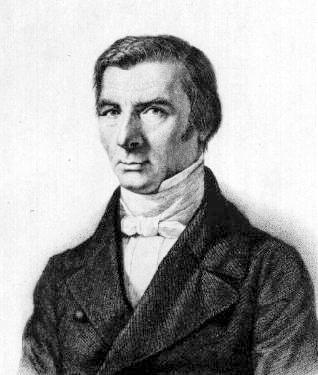
Frédéric Bastiat (1801-1850) was a French economist and political theorist who is best known for his contributions to the field of free-market economics. Born in Bayonne, France, Bastiat was the son of a wealthy merchant and spent much of his childhood traveling around Europe. He was educated at the Collège d'Harcourt in Paris and later studied law.
After completing his education, Bastiat worked as a journalist and political activist, writing extensively on economic and political issues. In 1845, he founded the Journal des Économistes, a publication that was dedicated to promoting the ideas of free-market economics.
Bastiat's most well-known work is probably his essay "That Which Is Seen, and That Which Is Not Seen," in which he critiques the broken window fallacy and argues that destruction does not create new wealth, but simply transfers wealth from one person to another. He also wrote a number of other essays and pamphlets, including "The Law," in which he argues that the role of government should be limited to protecting individual rights and property, and "Economic Sophisms," in which he challenges many of the popular misconceptions about economics.
Bastiat was motivated to write about economics and political theory because he believed that free-market ideas were being misunderstood and misrepresented. In his writing, he sought to clarify and defend these ideas, and to challenge popular misconceptions about economics. He also wanted to promote the idea of limited government and individual liberty. He believed that these principles were essential for economic growth and the well-being of society.
Bastiat was an influential figure in the development of free-market economics, and his ideas continue to be studied and debated by economists today. He died in 1850 at the age of 49.












